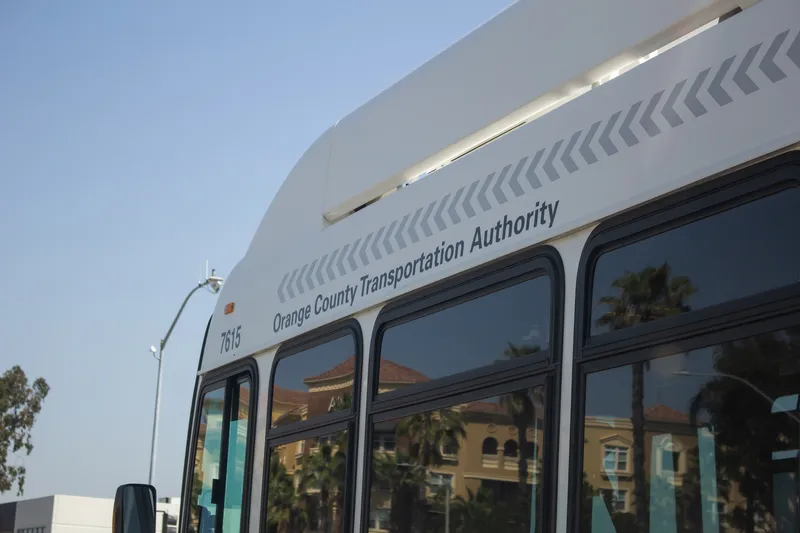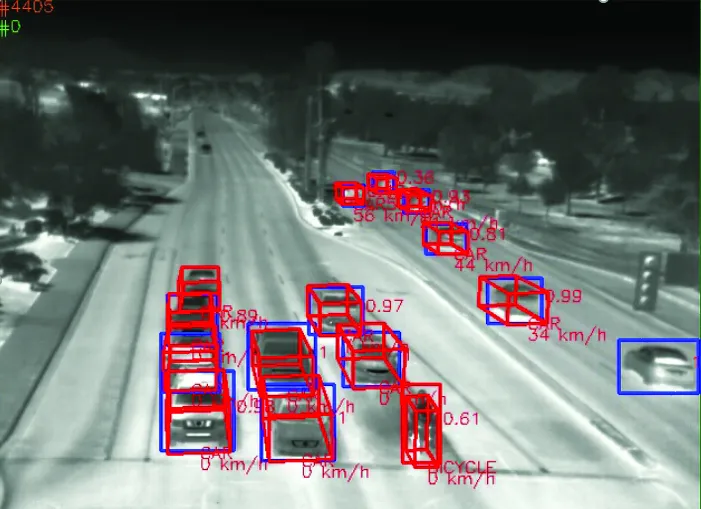
Lyt is to work with California's Orange County Transportation Authority (Octa) and Fullerton City on a one-year pilot programme and implementation of its transit priority solution Lyt.transit.
Lyt is serving as the primary contractor for transit priority solutions under an agreement with Arcadis. It is hoped that Lyt.transit will help solve congestion in the Harbor Boulevard corridor, nearly 38km long.
Formerly called Spadra Road, it runs north-south through the counties of Los Angeles and Orange, passing through some of the most densely-populated areas in the region, and carries about 8% of the county's bus riders.
The solution is designed to move buses through congested intersections faster and more safely. Buses speak directly to networked traffic signals through Lyt's open-architecture cloud platform. This results in a consistent and reliable green light for every bus transit vehicle in the network, the firm says.
Lyt’s machine learning models and artificial intelligence technology knows when to prioritise and activate a traffic signal - taking broader traffic patterns into account, not just the one signal that traffic is heading toward.
"As the Southern California region continues to thrive, it is essential to implement advanced traffic signal prioritiation technology to improve the daily commutes of Orange County residents,” said Tim Menard, chief executive and founder of Lyt. “Our cutting-edge AI-powered technology ensures smoother traffic flow, reduces congestion and enhances safety on today’s roads."
Gabriel Murillo, ITS and connected mobility market leader at Arcadis, says: “By harnessing the power of advanced AI and machine learning, Lyt.transit is set to elevate transit efficiency, enhance safety and contribute to a more sustainable transportation network for the residents and businesses of Orange County."










